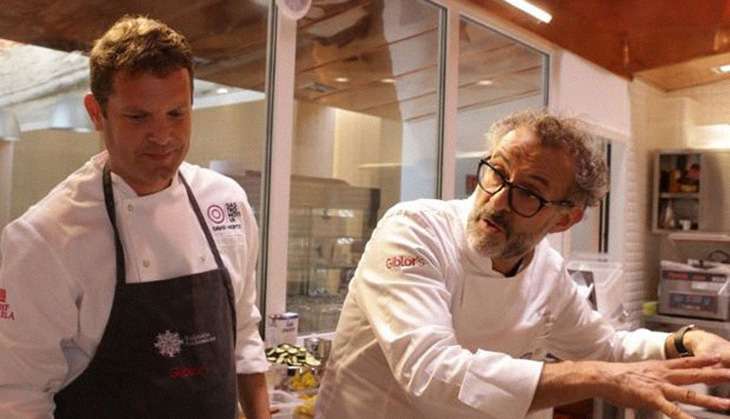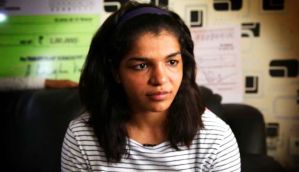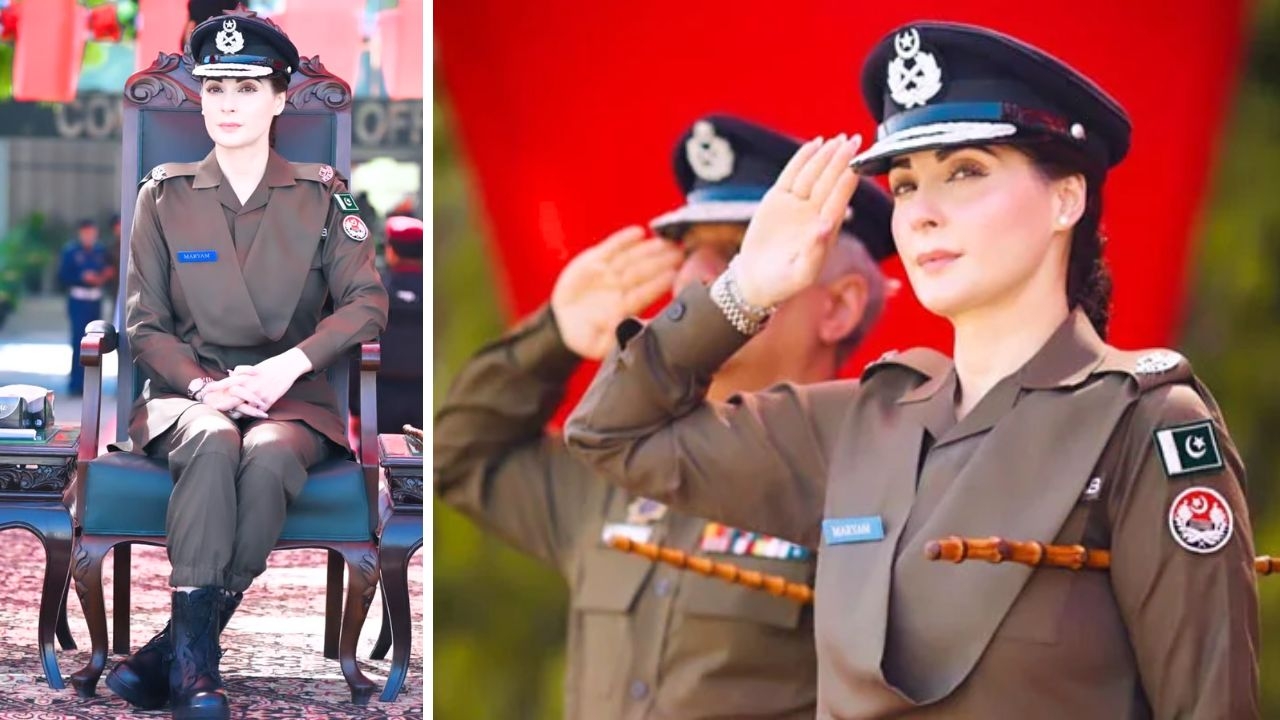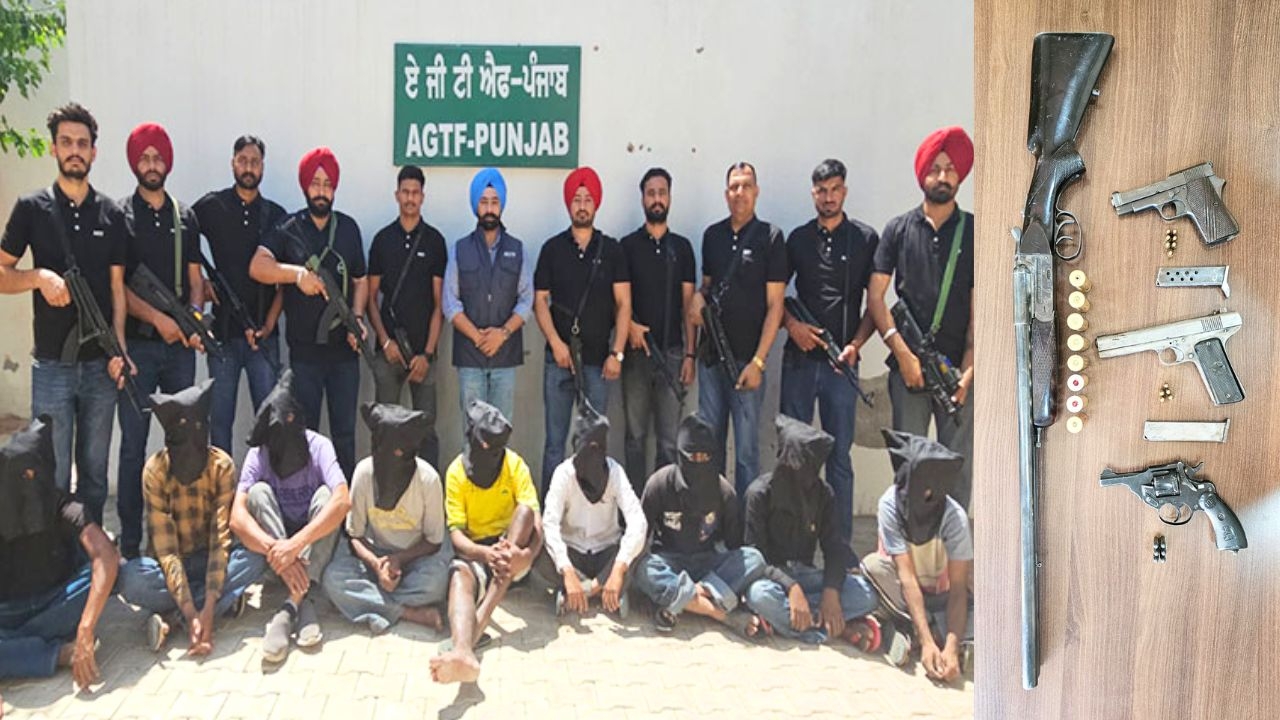
The dazzle of fireworks at Olympic ceremonies can sometimes make it difficult to notice the sparks of humanity and compassion at the Games. In the case of Rio, a city fraught with social concerns, when the media does refocus its spotlight, its usually to highlight the problems and not about those trying to solve them. Can the larger-than-life Olympics actually help the disenfranchised?
If one were to go by the example of these two chefs at Rio, the answer is a resounding yes.
Italian chef Massimo Bottura and Brazilian chef David Hertz have begun an initiative to feed the Brazilian city's hungry population with food leftover from the Olympic Village.
The project, called RefettoRio Gastromotiva, according to an official release by the City of Rio, aims to "offer food and dignity to people in situations of social vulnerability." The initiative serves as a follow up to a similar project, Refettorio Ambrosiano, launched by the same two chefs last year during the Milan Expo in Italy.
Top chefs working for 'social change'
"We want to fight hunger and provide access to good food... RefettoRio Gastromotiva is going to work only with ingredients that are about to be wasted ... like ugly fruit and vegetables, or yoghurt that is going to be wasted in two days if you don't buy it," Hertz told the Thomson Reuters Foundation.
Also Read - Forget Rio 2016, the 2020 Tokyo Olympics will be the craziest ever
"We want to promote as much change as possible using gastronomy as a tool for social change and social inclusion," said Hertz, whose Brazil-based organization Gastromotiva offers kitchen training for young people from poor families.
Bottura is an acclaimed chef whose restaurant Franciscan Osteria in Modena has three Michelin stars, and was in fact, voted recently as the best restaurant in the world. Hertz is an equally eminent figure in the field of culinary arts and is also a keen activist working on various community-based projects locally in Brazil.
Their restaurant, which took less than two months to build, is inside an abandoned building in Lapa, central Rio. The good news is that the kitchen space has been leased to them by the government for the next ten years.
Here, a team of international chefs, will for the moment, look to rustle up dishes on a regular basis from surplus "non-manipulated" ingredients - sourced from the catering company that feeds the Olympic Village, Media Center and the rest of the official 2016 Olympics team. To put matters into perspective, the Village has more 11,000 athletes.
How does it work?
What's likely to feature on the menu? An antipasto or pasta, a main course and a dessert. But considering the chefs (about 30 guest chefs around the world have supposedly signed up) won't really know in advance what they have to cook/improvise with, it can be a challenge.
Bottura's wife Lara Gilmore told the food website Eater
She added that "Massimo is very interested in creating recipes with leftover bread, so perhaps a pasta such as passatelli made with breadcrumbs in a broth of 'everything,' or a dessert inspired by 'Bread is Gold,' a recipe we serve at Osteria Francescana based on a milk and breadcrumb dessert from Massimo's childhood."
Hope in a bleak world
Huffington Post reports Bottura saying that RefettoRio is "not a charity project, it is a cultural one." More than 3.4 million people - 1.7% of the population - live in state of food insecurity, reports the article citing the Brazilian charity Banco de Alimentos.
Also Read - Why Brazil's post-Olympics hangover will hit so hard
Numbers across the globe are equally bleak. Reuters reports that "between 30 percent and 40 percent of food produced around the world is never eaten because it is spoiled after harvest and during transportation, or thrown away by shops and consumers." Going by UN numbers too, almost 800 million people worldwide go hungry every night.
The head of sustainability and legacy on the Rio 2016 Organizing Committee for the Olympic Games, Tania Braga, told Eater that the RefettoRio project was important because "it deals with sustainable food and fighting waste, which is a global scale issue."
And perhaps it's apt that a global scale issue such as hunger gets as global a platform as the Olympics.








![BJP's Kapil Mishra recreates Shankar Mahadevan’s ‘Breathless’ song to highlight Delhi pollution [WATCH] BJP's Kapil Mishra recreates Shankar Mahadevan’s ‘Breathless’ song to highlight Delhi pollution [WATCH]](http://images.catchnews.com/upload/2022/11/03/kapil-mishra_240884_300x172.png)

![Anupam Kher shares pictures of his toned body on 67th birthday [MUST SEE] Anupam Kher shares pictures of his toned body on 67th birthday [MUST SEE]](http://images.catchnews.com/upload/2022/03/07/Anupam_kher_231145_300x172.jpg)






